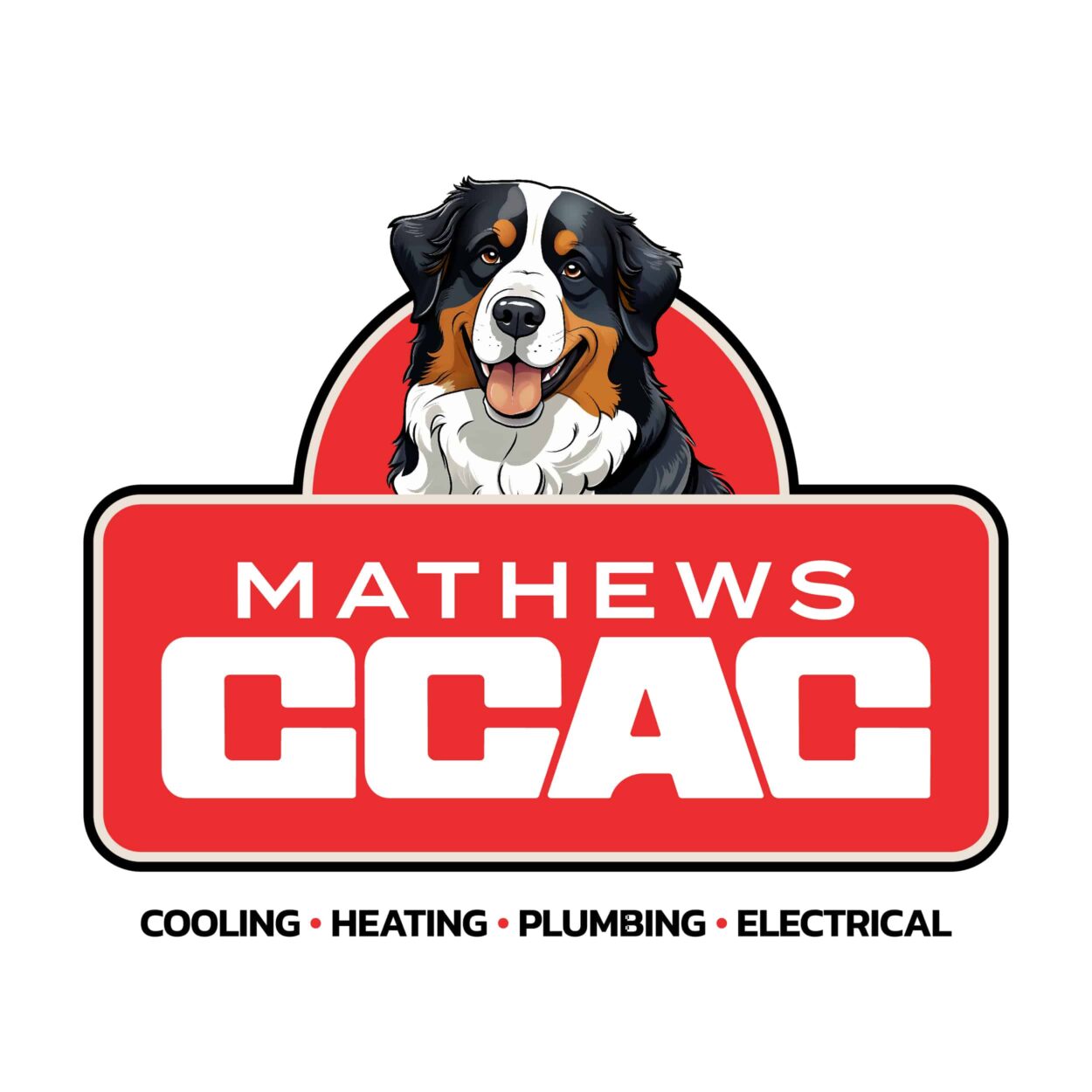If you’re having a problem with strange smells coming from your heating or cooling system, it’s not an issue to be taken lightly. While HVAC odors aren’t always serious, some smells can be early (or urgent) indicators of problems that may lead to home safety issues or equipment failure. Unusual odors should be investigated by a qualified HVAC technician to ensure that your system is operating safely.
Among the most common HVAC odors is a musty or moldy smell. This can be caused by standing water in drain pans, clogged or poorly installed drain lines, ductwork leaks or debris in or near air ducts. In systems that use a draw-through air handler, a problem with the drain line trap can cause a mildew odor, an issue commonly called Dry Trap Syndrome. Another source of such smells is Dirty Socks Syndrome, a problem caused by bacteria growth on the indoor coils of air conditioners or heat pumps.
Electrical odors or burning smells are HVAC odors that merit immediate attention, since you may have a fire hazard on your hands. Such odors can be caused by overheating parts or loose electrical connections, both of which can cause wiring insulation to melt. If you’ve got a strong electrical or burning odor, or see smoke from the system, shut the system down and call your HVAC service professional immediately.
A gas smell is also high on the list of HVAC odors that should be taken very seriously. A strong gas odor around HVAC equipment or a gas pipe may signal a gas leak. Open your windows, leave the house and call your gas company. On the other hand, a burning odor from your vents might be a less serious issue. Sometimes, dust burning off of furnace components at the start of the heating season emits a burning odor. If you aren’t sure which it is, err on the side of caution and have the system checked over ASAP.
For more information on HVAC odors or expert assistance with any home comfort issues in the Coastal Bend area, please contact Mathews CCAC Inc.
Our goal is to help educate our customers in Corpus Christi, Texas about energy and home comfort issues (specific to HVAC systems). For more information about HVAC Odors and other HVAC topics, download our free Home Comfort Resource guide.
Image courtesy of Shutterstock












